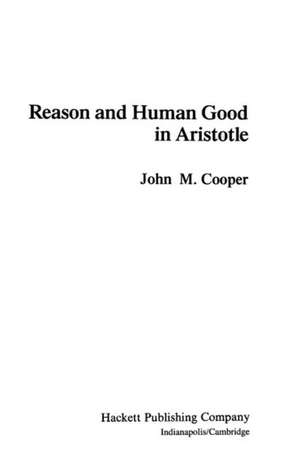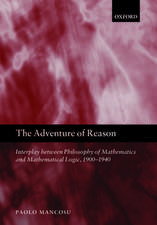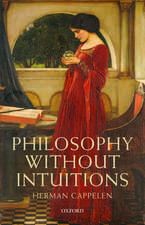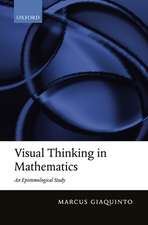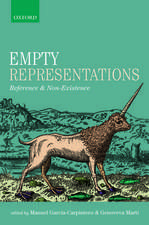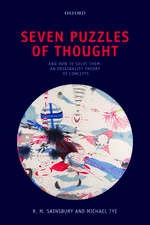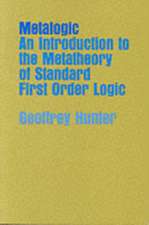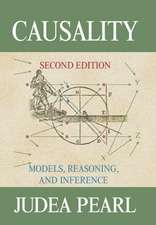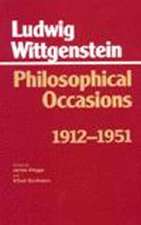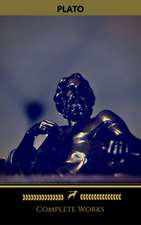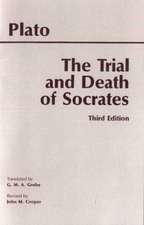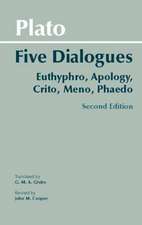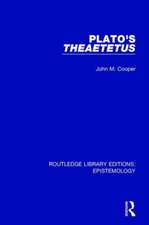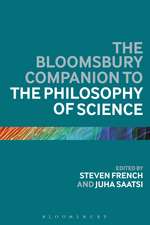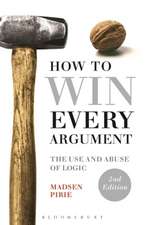Reason and Human Good in Aristotle
Autor John M. Cooperen Limba Engleză Paperback – 14 oct 1986
Preț: 126.88 lei
Preț vechi: 137.57 lei
-8% Nou
Puncte Express: 190
Preț estimativ în valută:
24.28€ • 25.20$ • 20.29£
24.28€ • 25.20$ • 20.29£
Carte disponibilă
Livrare economică 22 februarie-08 martie
Preluare comenzi: 021 569.72.76
Specificații
ISBN-13: 9780872200227
ISBN-10: 0872200221
Pagini: 218
Dimensiuni: 9 x 215 x 139 mm
Greutate: 0.3 kg
Editura: Hackett Publishing Company
Colecția Hackett Publishing Company, Inc (US)
Locul publicării:United States
ISBN-10: 0872200221
Pagini: 218
Dimensiuni: 9 x 215 x 139 mm
Greutate: 0.3 kg
Editura: Hackett Publishing Company
Colecția Hackett Publishing Company, Inc (US)
Locul publicării:United States
Recenzii
Reason and Human Good in Aristotle opens up issues of interpretation which are as alive today as when it originally appeared. After almost two decades of extraordinary influence, this succinct book remains a 'must' for any serious bibliography of Aristotle's Ethics . --Sarah Broadie, Princeton University
Cooper's careful and detailed treatment of deliberation and the content of good deliberation brought scholarship on Aristotle's moral philosophy to a new level of sophistication, and his book remains essential reading for anyone who is grappling with Aristotle's complex views about these fundamental issues. --Richard Kraut, Northwestern University
A sophisticated and illuminating study of central questions about Aristotle's views on practical reason and the ultimate good. Cooper's three chapters . . . examine familiar exegetical puzzles in a fresh and challenging way; but they also . . . raise new and fruitful questions about the philosophical merits and implications of Aristotle's theories. . . . He writes vigorously and lucidly, with both scholarly rigor and philosophical imagination. --T. H. Irwin in Archiv fur Geschichte der Philosophie
Cooper's careful and detailed treatment of deliberation and the content of good deliberation brought scholarship on Aristotle's moral philosophy to a new level of sophistication, and his book remains essential reading for anyone who is grappling with Aristotle's complex views about these fundamental issues. --Richard Kraut, Northwestern University
A sophisticated and illuminating study of central questions about Aristotle's views on practical reason and the ultimate good. Cooper's three chapters . . . examine familiar exegetical puzzles in a fresh and challenging way; but they also . . . raise new and fruitful questions about the philosophical merits and implications of Aristotle's theories. . . . He writes vigorously and lucidly, with both scholarly rigor and philosophical imagination. --T. H. Irwin in Archiv fur Geschichte der Philosophie
